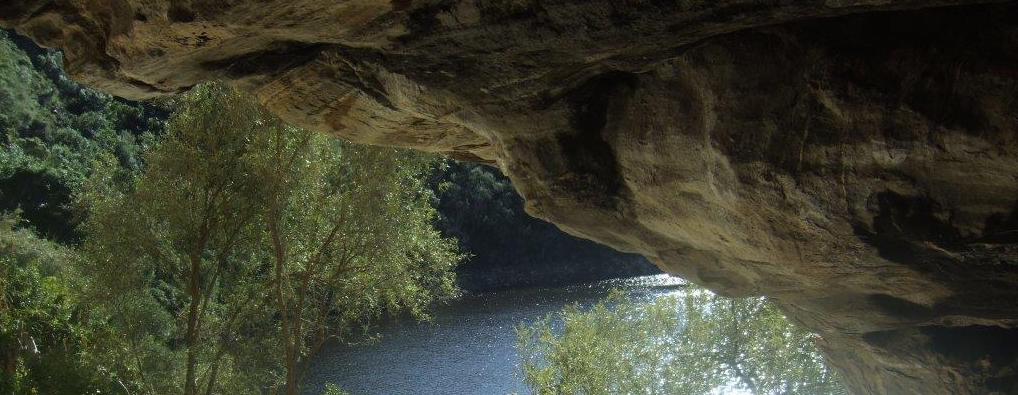Crisis and opportunity
Use emerging technology and paradigms to overcome the ecological and social crisis
Humanity has little time left to prevent the dangerous effects of human induced climate change. Business as usual is not an option. Radical transformation is necessary to facilitate the transition to re-invent the way in which people live on this one earth.
The Nova Institute has conceptualised an innovative platform that could radically transform the way in which humans attribute economic value. The Aartum ecosystem is an open blockchain platform for valuing verified communal benefits.
Although others have proposed and pursued similar concepts, Aartum is novel in the way it combines three significant recent developments:
- Opportunity 1: The open source way
- Opportunity 2: Environmental and social impact verification and trading
- Opportunity 3: Smart contracts on blockchain platforms
Aartum as open platform
Advances in information technology in the late 20th century led to the establishment of an open encyclopaedia such as “Wikipedia” first launched in 2001. As early as 2005 an article in the science journal Nature found that Wikipedia comes close to Encyclopedia Britannica in terms of the accuracy of its science entries. Wikipedia transformed the idea that encyclopaedias must be hosted and owned by one or more editors or publishers that control the editing process.
Aartum transforms in similar fashion the idea that standards are to be controlled by single certifying entities.
The Aartum ecosystem functions as a hierarchy of standards. The Aartum Protocol contains the conceptual framework, definitions and procedures according to which standards that verify communal environmental and social benefits come into being. Anybody can propose a change or addition to Aartum code or standards but voting rights will be proportional to reputation gained through peer-assessed contributions. The source-code, standards, methodologies and votes will be stored on-chain.
Aartum as platform for verification and trading of communal benefit
Gold mining has a severe impact on the environment. Although crypto currencies functions in the virtual world, it has not succeeded in transforming the economy to steer humanity away from the dangerous effects of human induced climate change in the real world. Crypto currency mining converts environmental damage to cryptocurrency value since the mining process in many instances still rely on vast quantities of fossil fuel generated electricity.
For a token of value or currency to have maximum benefit to humanity, the relationship between currency value and environmental impact must be inverted from its current state: the most beneficial situation for humanity would be a state of affairs where every token of value is linked, not to an arbitrary waste of resources, but to a communal benefit. In a way we need a new gold standard based on verified outcomes of a set of goals with communal social and environmental value to all who lives on this earth. One widely supported articulation of such a set of communal goals are those represented by the UN Sustainable Development Goals (SDG).
Aartum provides the platform where SDG-specific standards, methodologies, procedures and units of measure relevant to each SDG are developed by the global community. The first Aartum standard to be developed relates to UN SDG Goal 13: Take urgent action to combat climate change and its impacts.
Aartum as blockchain platform for smart contracting
Aartum is an open blockchain platform that produces crypto-assets representing verified SDG-aligned outcomes. Every token is the result of the verified achievement of an SDG-connected outcome expressed in a relevant unit of measure and verified according to a methodology. Each token contains transparent details on its origination and verification process. Each token also has a face value (in Aartum), making the units fungible. This means it is an asset but you can use it as like currency.
How will Aartum be used?
Aartum can be used for voluntary SDG or environmental contribution, environmental offsetting, as an asset-based currency, for environmental regulation/compliance, as tool for outcomes-based government, to value pristine areas, facilitate economic development and for public reporting of SDG achievement.
Conclusion
By making verified communal benefit the “gold standard” of the economy, a market incentive is created to pursue communal benefit in an innovative way. Aartum opens the door for a much larger portion of the global population to participate in the economy through the disciplined implementation of initiatives resulting in verifiable communal benefits.


